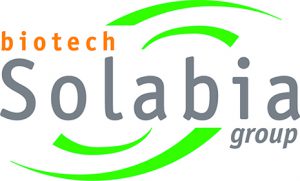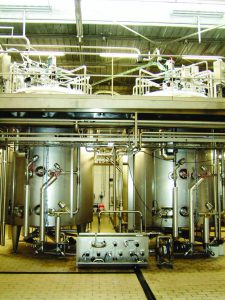Peptones from the Solabia Group represent the result of nearly 50 years of strategic activity and savoir-faire. As key components in industrial fermentation, they contribute to a range of products, from probiotics and vaccines to specific bacterial metabolites in cosmetics. Although they are often perceived as replaceable commodities with similar sounding names, that misconception can lead to significant problems. Peptones differ in sourcing as a function of a producer’s manufacturing experience, raw materials, and (most important) production site itself and its level of technical advancement. The more modern the site, the greater the likelihood that it can produce consistent, high-quality peptones.
Dual Production Sites and Animal Separation Set Solabia Apart
Solabia separates animal tissue processing from its plant and casein manufacturing, which is unique to the peptone industry and an important part of eliminating cross-contamination. Solabia’s production site for EDQM-certified meat peptones in bovine spongiform encephalopathy (BSE)-free Brazil complements its plant and casein production site in France. Meat peptones are still used in nearly all market segments, although the number of producers offering them has dwindled, in a large part because of traceability issues at single production sites.

21st Century Peptone Manufacturing

